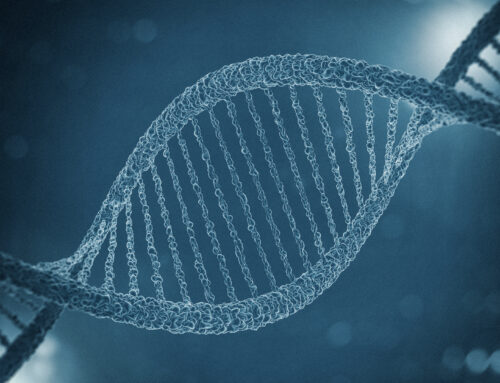 By Becca Bakal, MPH
By Becca Bakal, MPH
Last summer, I embarked on a yearlong project to hear from Jewish individuals and interfaith couples about what they know about Jewish genetics topics and what they would be interested in learning. The ultimate goal of the project is to create a more-informed community by leveraging what people already know about health and genetics and providing educational programs to fill in the gaps.
Thanks to everyone who has donated their time so far, we have gathered information to help us develop educational resources and programming that is tailored to what community members want to know. We’ll be sharing the results of the needs assessment this summer, but here is a taste of what’s to come.
By location:
This Sarnoff Center’s first Community Needs Assessment has taken me all over Illinois: from Chicago to Champaign-Urbana, Homewood to Highland Park, and much further. Along the way, I’ve heard from folks at all stages of their lives, including individuals who have been personally affected by Jewish genetic disorders and many who have not.
By the numbers:
- 106 surveys collected from participants aged 16 to 83 residing in 44 zip codes
- 29 hours of interview & focus group recordings
- Interviews in 27 coffee shops around Chicagoland
Themes:
Some of the themes of the needs assessment so far include:
- People sometimes avoid learning about genetics because they don’t feel that there are actions they can take to reduce their risk
- Introducing information early can plant the seed for later health actions
- People want to learn about: health actions they can take related to their genetic information, differences between types of genetic testing, and how to navigate questions about insurance and genetics
- Multiple types of touchpoints are necessary to reach people across the lifespan
Stay tuned for comprehensive results of the needs assessment this summer!


